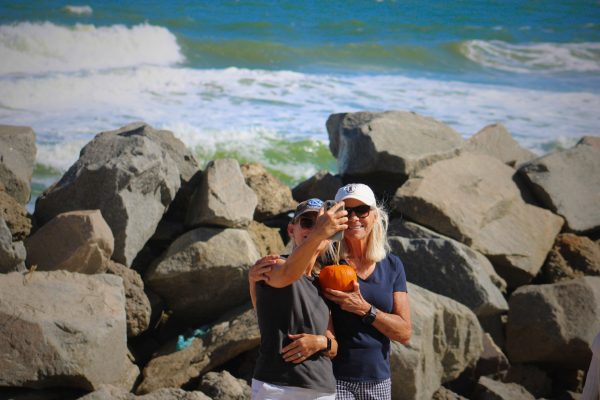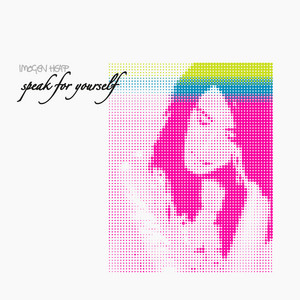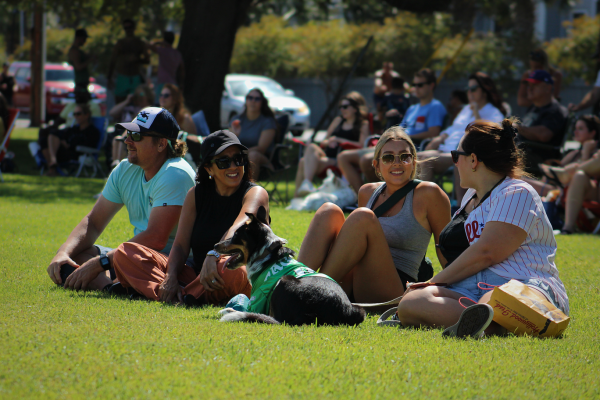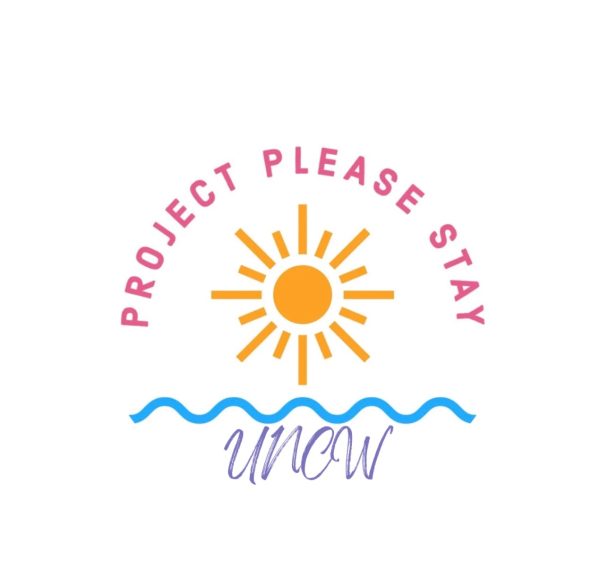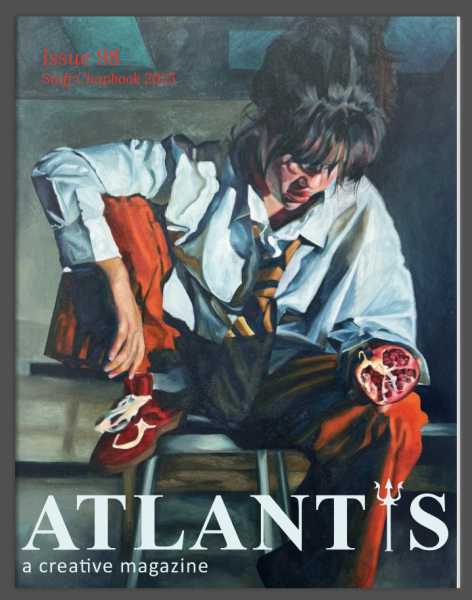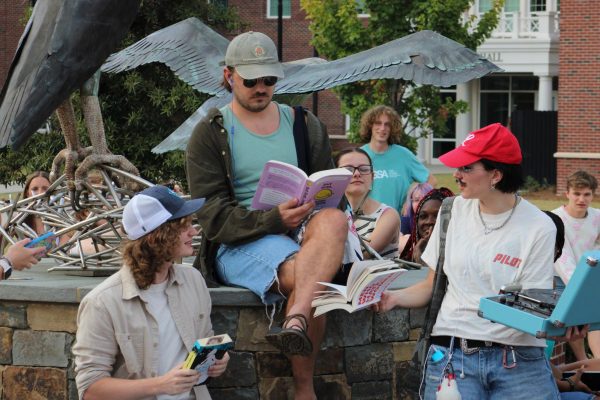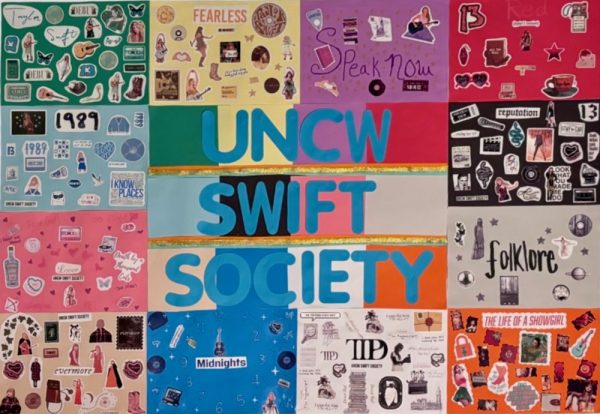Self Love Speaker series highlights issue of period poverty and menstrual health
This article was edited on March 29, to correct information about the “Periods Don’t Stop for Pandemics” drive.
Did you know that menstrual products are taxed as a non-essential, or luxury good in North Carolina? This statistic was shared by Dr. Michaela Howells on Tuesday’s first installment of the Residence Hall Association’s Self Love Speaker series. Revolving around several topics related to health and well-being, the series focuses on bringing in guest speakers, learning about health topics and encouraging a welcoming, open discussion. While the first event focused on menstrual health and period poverty, the two upcoming events take place Apr. 6, at 7 p.m. to discuss nutrition and Apr. 20, at 7 p.m. to discuss sexual health.
Howells, a member of UNC Wilmington’s Department of Anthropology, who will be teaching Introduction to Biological Anthropology and Medical Anthropology this fall, spoke about the prevalence of period poverty and the impact of the resulting poor menstrual hygiene on one’s health. This poverty manifests in lack of access to sanitary products, menstrual hygiene education, toilets, handwashing facilities and waste management. This lack of access results in infections and prevents people from attending school or work because they can’t obtain necessary sanitary products to get through the day.
In fact, in a study where girls were missing school due to a lack of access to products, period poverty was linked to numerous long-term effects. The girls were more likely to enter childhood marriages, experience early pregnancy and pregnancy complications, as well as be malnourished and victims of domestic violence. It is important to address these outcomes of period poverty to understand how significantly people’s lives are affected and what we can do to help.
Often, we forget that period poverty is occurring right here on campus in addition to other cities and countries around the world. Howells shared a statistic from a survey of American teenagers aged 13 to 19 which reported that 20% of them couldn’t afford menstrual products.
“It’s misleading to say that college isn’t the real world. You are in the real world,” Howells said. “You are experiencing it and you are a member of it.”
Howells emphasized that education regarding period poverty is important for both menstruating and non-menstruating people in order to achieve menstrual equity and access to affordable and clean products.
The talk discussed how popular cultures ostracize menstruating individuals, creating a stigma around a process that is completely natural. Howells said that de-stigmatizing menstruation, educating the public and supporting policies that protect these individuals are ways we can get closer to menstrual equity.
This push is manifesting on UNCW’s own campus, with the efforts of the Student Government’s Association to supply free menstrual products in four buildings on campus.
If you need menstrual products, Hawk’s Harvest is UNCW’s local food and health-hygiene pantry. You can also donate menstrual products or items to the upcoming “Periods Don’t Stop for Pandemics” drive from this wishlist. “Periods Don’t Stop for Pandemics” drive will have drop-off boxes available at nine campus locations in conjunction with the “Closet Clean Out” pods April 26-May 2.



